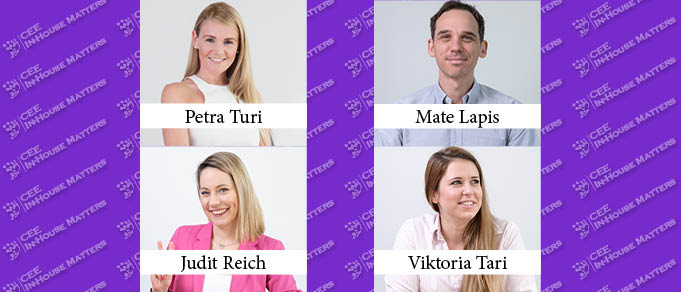On August 3, 2020, CEE Legal Matters reported that Sorainen had advised Montonio on its generation of EUR 500,000 from both Estonian and international investors. CEEIHM spoke with Rasmus Oisma, Director at Montonio Finance, to learn more about the matter.
CEEIHM: To start, please tell us a few words about Montonio.
Rasmus: Montonio is an Estonian fintech startup specialized in building e-commerce checkout products. We’ve built a multi-lender based e-commerce checkout financing solution which increases approval related conversions by 40-70% and lowers customer APR rates by around 50%. During the checkout, we authenticate our customers and fetch multiple financing options for them in approximately 10 to 20 seconds. We are currently active in Estonia and Lithuania with plans to expand to a few other markets in the coming months.
CEEIHM: The company raised EUR 500,000 in this round. What is that capital intended for and what can we expect from Montonio next?
Rasmus: We are using the capital to develop additional services as well as to expand into new markets. For example, the Bank of Lithuania just granted us a payment institution license. Furthermore, we are about to launch a new partnership that enables us to provide online credit card acquiring services. Additionally, we are expanding our existing business - we have seen rapid month-over-month growth in our revenue as well as in the number of merchant partners who use our services.
CEEIHM: The instrument used was a SAFE type of a convertible note. What is that, why was did you choose it?
Rasmus: SAFE is an acronym for simple agreement for future equity. Developed by the US-based Y Combinator, arguably the most prestigious startup accelerator in the world. As the name hints, the instrument enables the receipt of investment at an accelerated tempo by dumbing down the legal complexities. The shares that an investor receives in return for their investment are transferred to them at a later date and the share transfer is not a precondition for closing.
I think there are multiple reasons why that instrument has not been too common in Estonia. Historically, the seed funding for Estonian startups has been raised from local investors, for who transferring of shares was not an issue. Fortunately, foreign investors are getting more used to making direct investments into Estonian entities and thus the SAFE has become increasingly popular. We opted for the SAFE route for the same reasons - the round included foreign investors and the speed of closing was an important factor.
CEEIHM: What did it mean in terms of negotiations that you did not have a lead investor? How did you juggle all 12 investors?
Rasmus: We treated our existing investors, all of whom participated in the round, as lead investors. Meaning that we ran the first draft of the investment instrument by them. After the existing investors green-lit the terms, the new investors got a say in the exact terms of the investment.
During the second negotiation round that involved new investors, we negotiated with every investor on an individual basis. Fortunately, both the company and the investors were ready to make compromises. Thus, the second round of remarks by the new investors was quite efficient and only minor changes had to be made. The whole negotiation process took approximately one month.
CEEIHM: Why did you opt to have Sorainen advise you on this and what was their mandate specifically?
Rasmus: From the get-go, we knew that we wanted to involve an external advisor for this round due to the untraditional instrument used. We inquired with a few law firms but decided to go with Sorainen due to their excellent reputation in M&A matters. They helped us with the preparation of the transaction documents and supported us with negotiations as needed.
Originally reported by CEE In-House Matters.



